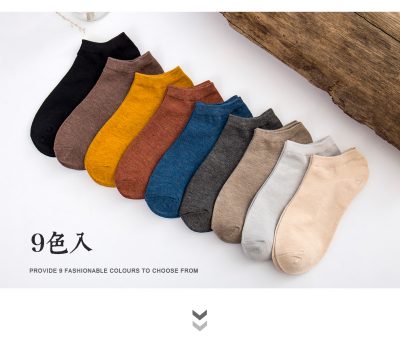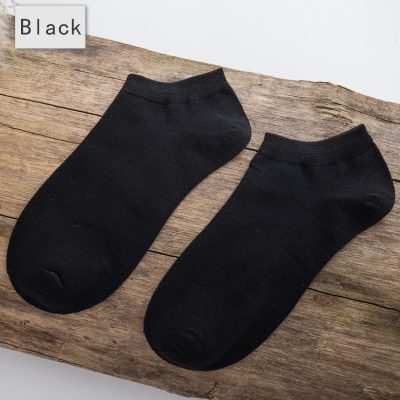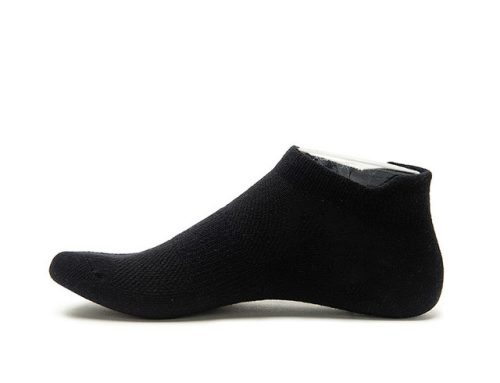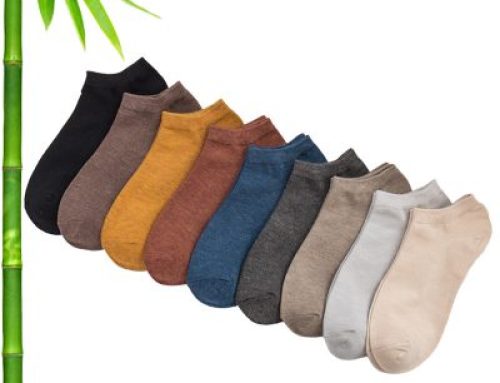1. Organic Cotton Socks: Look for socks made from organic cotton. Organic cotton is grown without synthetic pesticides or fertilizers, promoting soil health and reducing water consumption. These socks are soft, breathable, and gentle on the environment.
2. Bamboo Socks: Bamboo is a highly sustainable material due to its rapid growth and minimal resource requirements. Bamboo socks are naturally moisture-wicking, hypoallergenic, and biodegradable.
3. Hemp Socks: Hemp is a durable and eco-friendly fiber that requires minimal water and pesticides to grow. Hemp socks are strong, breathable, and naturally resistant to mold and UV rays.
4. Recycled Materials: Look for socks made from recycled materials such as recycled polyester or nylon. These socks help divert waste from landfills and reduce the demand for virgin resources.
5. Wool from Ethical Sources: Choose socks made from ethically sourced and responsibly raised wool. Look for certifications like “Responsible Wool Standard” to ensure the wool comes from farms that prioritize animal welfare and sustainable practices.
6. Low-Impact Dyes: Opt for socks that use low-impact or natural dyes. Conventional dyeing processes can be harmful to the environment due to the chemicals involved.
7. Seamless Construction: Socks with seamless construction tend to last longer and create less waste during production compared to socks with seams.
8. Fair Trade Socks: Support brands that prioritize fair labor practices and pay fair wages to workers involved in the sock production process.
9. Durability and Longevity: Choose socks that are well-constructed and designed for durability. Longer-lasting socks reduce the need for frequent replacements.
10. Minimal Packaging: Look for brands that use minimal or eco-friendly packaging, reducing the overall environmental impact of the product.
11. Local or Ethical Brands: Support local or ethical sock brands that prioritize sustainable practices and transparency in their supply chain.
12. Repair and Recycle: When your socks do reach the end of their life, consider repairing them if possible or recycling them through textile recycling programs to keep them out of landfills.
By making conscious choices and selecting socks that align with sustainable and ethical principles, you can contribute to a more environmentally friendly fashion industry. Remember to do your research and choose brands that prioritize eco-friendly practices throughout their production process.







